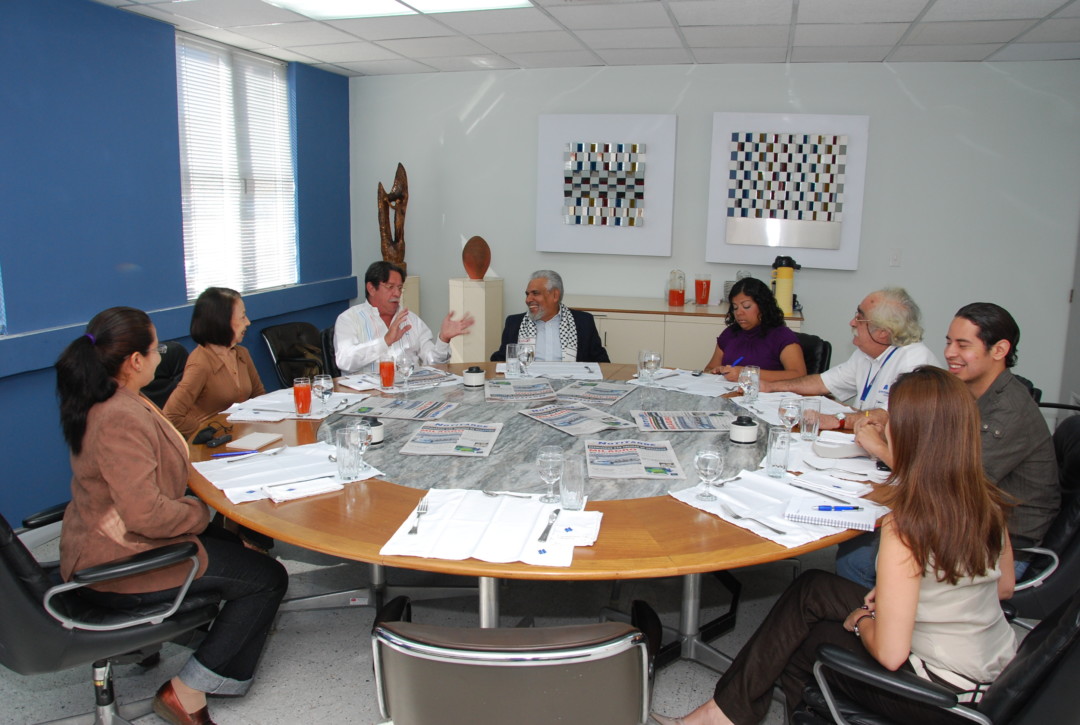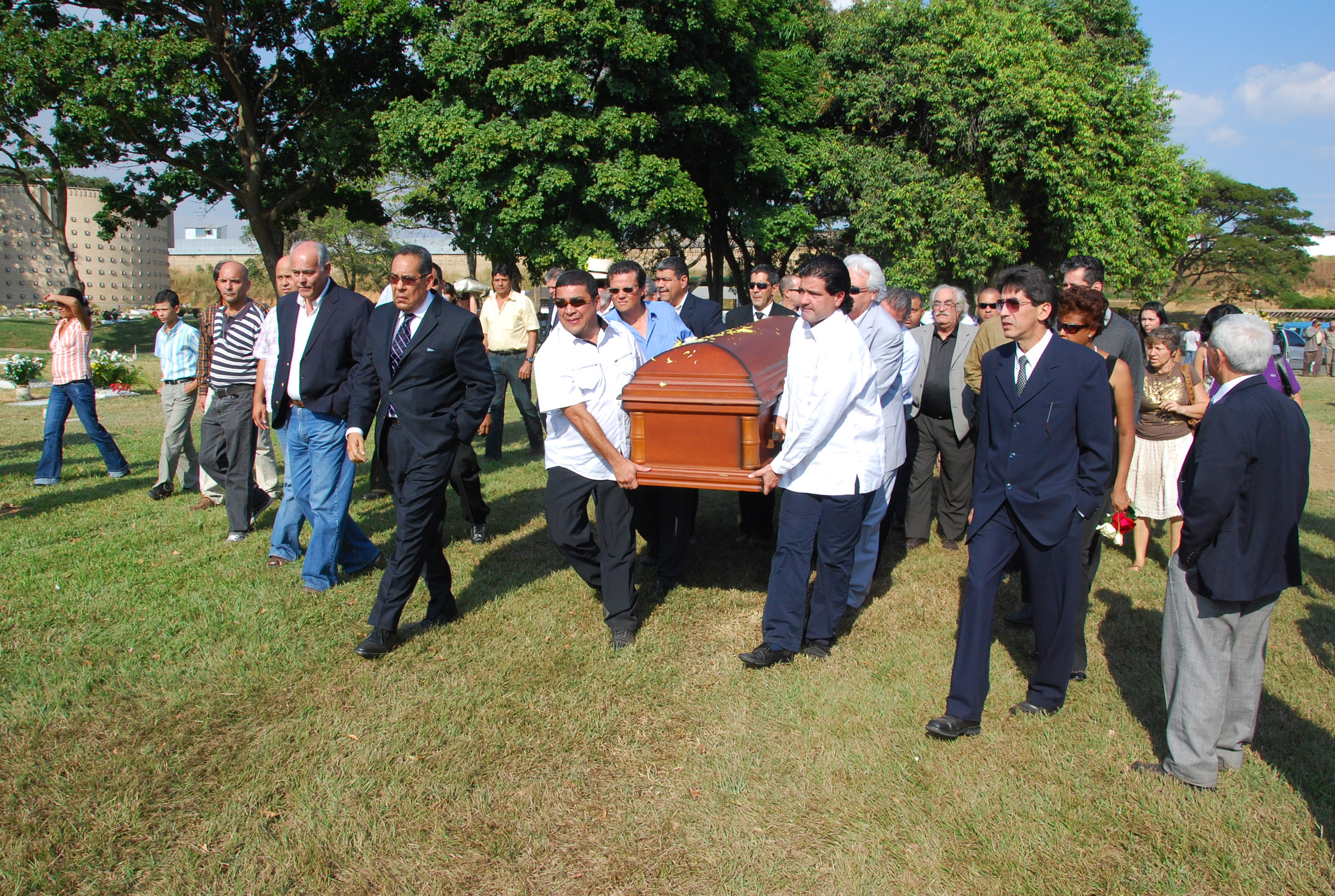16 January 2009
Valencia, Venezuela
Orel Sambrano
Profession
Media
Motive
Exposure of illegal activity


Adolfo Olivas


Ahmed Divela


Amit Jethwa


Artan Cuku


Babita Deokaran


Bayo Ohu


Berta Cáceres


Bhupendra Veera


Bill Kayong


Boris Nemtsov


Boško Buha


Chai Boonthonglek


Charl Kinnear


Chut Wutty


Chynybek Aliev


Cihan Hayirsevener


Daphne Caruana Galizia


Darío Fernández


Derk Wiersum


Deyda Hydara


Édgar Quintero


Edmore Ndou


Edwin Dagua


Federico Del Prete


Fernando Villavicencio


Gezahegn Gebremeskel


Gilles Cistac


Habibur Mondal


Igor Alexandrov


Jacob Juma


Ján Kuciak


Javier Valdez


Joannah Stutchbury


José Ángel Flores


Jules Koum Koum


Kem Ley


Luis Marroquín


Mahamudo Amurane


Marcelo Rivera


María Elena Ferral Hernández


Marielle Franco


Milan Pantić


Milan Vukelić


Muhammad Khan


Nelson García


Nihal Perera


Oliver Ivanović


Orel Sambrano


Perween Rahman


Peter R. de Vries


Rajendra Singh


Salim Kancil


Sandeep Sharma


Sikhosiphi Radebe


Slaviša Krunić


Soe Moe Tun


Victor Mabunda


Virgil Săhleanu


Wayne Lotter


Yuniol Ramírez


Zezico Guajajara
16 January 2009
Valencia, Venezuela
Profession
Media
Motive
Exposure of illegal activity
On 16 January 2009, after finishing work on his Radio América broadcast, Orel Sambrano went to a video store in Valencia, an industrial city in Venezuela’s Carabobo State, to look for a movie to watch later with his wife and daughter.
While he was waiting for the store to open, two men approached him on a motorbike. One of them dismounted and shot him three times at close range. The suspects fled, leaving Sambrano to die at the scene from a gunshot wound to the head.
The murder of Sambrano, a renowned journalist, shocked the Valencia community, and led to widespread national and international outrage at the lethal danger facing those practising journalism in Venezuela.
Sixty-one-year-old Sambrano was a professor at the University of Carabobo, the main higher-education institution in the region, and a lawyer. At the time of his death, he was dedicating most of his time to journalism. He was the editor of ABC de la Semana, a weekly publication dedicated to political news, and vice president of Radio América, a popular, working-class-oriented broadcasting company. He had also worked for 18 years as a political columnist for Notitarde, a widely read newspaper. Days before he died, Sambrano had arranged with Laurentzi Odriozola, the director of Notitarde, to resume his weekly column. Those close to Sambrano said he was excited about his prospective return to political commentary.
‘Do not take life so seriously, because we will not make it out of this one alive,’ was how Sambrano had ironically signed off his show on that fateful day. It would turn out to be his final broadcast, a permanent farewell.
Over the years, Sambrano had investigated and uncovered many cases of corruption and drug trafficking. He was highly disciplined in his professional life, with a no-nonsense attitude. But, to his relatives and friends, he was known for his empathy, charisma and good sense of humour.
Rubén Pérez Silva, who had been Sambrano’s first employer when he began his law career, and later a close friend, described him as a courageous man: ‘Being brave cost him his life,’ said the heartbroken Pérez, who was the first of Sambrano’s friends to arrive on the murder scene.
On the morning of his death, Sambrano had attended an interview forum called ‘Breakfast at the Newsroom’, which took place once a week at the offices of Notitarde. On this occasion, the interviewee was the then incumbent mayor of Valencia, Edgardo Parra, a member of the United Socialist Party of Venezuela.
Jacinto Oliveros, head of the newspaper’s photography department at the time, said: ‘That day we shared a good moment in the newsroom and at the conclusion of the forum, I took pictures of Orel and other newspaper colleagues. Then, sometime after noon, a police officer called me to say that The Professor, as several people called him, had been shot dead. I ran out and told my colleagues at the newspaper what had happened.
‘Upon arriving at the scene, I saw Orel on the hard, cold ground and could not believe it. He was my friend. I had to take pictures and was shocked by the sight of it.’
Sambrano’s murder made international news. The Office of the Special Rapporteur for Freedom of Expression of the Inter-American Commission on Human Rights urged the Venezuelan authorities to investigate the crime ‘quickly and effectively’, while the Committee to Protect Journalists, Reporters Without Borders and the Inter-American Press Association also condemned the homicide.
According to investigations carried out by the prosecuting authority, Sambrano was killed for publishing information regarding the alleged links between businessman Walid Makled and his family and drug-trafficking networks. He had also uncovered the alleged participation of officials from the Legal and Criminal Scientific Investigations Corps and the State of Carabobo police, who were in charge of overall security in Makled’s family businesses, in criminal acts.
In March 2009, Rafael Segundo Pérez, a former State of Carabobo police officer, became the first person to be arrested in connection with Sambrano’s death, and in May 2010 he was sentenced to 25 years in prison for conspiracy charges related to the murder. José Manuel Luque Daboín, another suspect in the case, was arrested in July 2009 and detained by court order. Later, David Antonio Yáñez Inciarte, another former police officer, accused of being the man who shot Sambrano, was arrested during a drug bust in February 2010.

Orel Sambrano, meeting with colleagues

Mourners at Orel Sambrano's funeral
The prosecutor’s office also identified Víctor Rafael Reales Hoyos and Álvaro Luis Ospino Illera as being implicated in Sambrano’s murder. The pair were allegedly part of an organized-crime syndicate led by Makled.
Makled, who was wanted for drug trafficking and the murders of Sambrano and entrepreneur and veterinarian Francisco Larrazábal, was arrested in Colombia, near the Venezuelan border, in August 2010, and extradited to Venezuela in May the following year.
In 2015, Makled was sentenced to 14 years for drug trafficking and money laundering, a sentence that was later increased to 21 years. He was, however, acquitted of the murder charges. In November 2016, Reales was sentenced to 20 years in prison on charges of contract killing. Ospino was charged with the same crimes.
Pérez, Daboín and Inciarte were also charged in relation to the earlier murder of Larrazábal, which took place just days before the killing of Sambrano. Larrazábal, whose farm was next door to Makled’s, was a witness in an investigation into Makled’s drug operations, and he was murdered in a strikingly similar way.
Many in the local journalism circles voiced words of respect for the late Sambrano. Charito Rojas, for one, remembered his fallen comrade as a vivacious and unfailingly cheerful person. ‘He was delighted when breaking new stories; he was in love with information and news,’ said Rojas.
Sambrano’s investigative journalism exposed some of the corruption, drug trafficking and organized crime that had been rampant in Carabobo, but which had not yet become part of the national conversation. His voice, a valuable and valiant tool in the battle for truth, was silenced by a criminal element fatally opposed to it.


14 August 2005
Esteli, Nicaragua
Adolfo Olivas


2 March 2016
Honduras
Berta Cáceres


6 November 2011
Penonomé, Panama
Darío Fernández


15 May 2022
Santander de Quilichao, Colombia
Édgar Quintero


7 December 2018
Cauca, Colombia
Edwin Dagua


9 August 2023
Quito, Ecuador
Fernando Villavicencio


15 May 2017
Culiacán, Mexico
Javier Valdez


18 October 2016
Tocoa, Honduras
José Ángel Flores


9 May 2018
San Luis Jilotepeque, Guatemala
Luis Marroquín


9 July 2009
San Isidro, El Salvador
Marcelo Rivera


30 March 2020
Papantla, Veracruz, Mexico
María Elena Ferral Hernández


14 March 2018
Rio de Janeiro, Brazil
Marielle Franco


15 March 2016
Honduras
Nelson García


13 October 2017
Santo Domingo, Dominican Republic
Yuniol Ramírez


31 March 2020
Zutiwa, State of Maranhão, Brazil
Zezico Guajajara